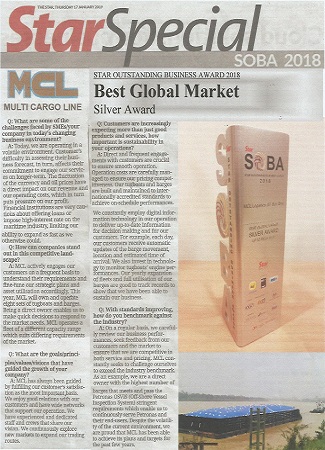Ship maintenance is a crucial aspect of ensuring the longevity and optimal performance of vessels. Regular maintenance helps prevent wear and tear, addresses minor issues before they become major problems, and ensures the safety of both the crew and the ship. One key element of ship maintenance is docking. In this article, we will explore the importance of ship docking for regular maintenance and the basic steps involved in the process.
Importance of Ship Docking: Docking is the process of bringing a ship to a berth or a dock for inspection, repairs, and maintenance. It allows marine engineers and technicians to access parts of the ship that are normally submerged in water, such as the hull, propellers, and rudders. Ship docking is essential for several reasons:
-
Hull Inspection and Cleaning:
- When a ship is docked, the hull can be thoroughly inspected for any signs of damage, corrosion, or biofouling.
- Cleaning the hull of marine growth, such as barnacles and algae, helps maintain the ship's speed and fuel efficiency.
-
Propeller and Rudders Maintenance:
- Docking provides an opportunity to inspect and repair propellers and rudders, ensuring they are in optimal condition for efficient navigation.
-
Engine and Machinery Overhaul:
- Ship engines and machinery can be inspected and overhauled during docking to address any issues and replace worn-out components.
-
Painting and Coating:
- The exposed parts of the ship can be repainted, and anti-corrosive coatings can be applied to protect against the harsh marine environment.
-
Safety Checks:
- Essential safety equipment, such as lifeboats, fire suppression systems, and navigation lights, can be inspected and tested for proper functionality.
Basic Steps in Ship Docking:
-
Pre-Docking Preparations:
- Plan the docking schedule, considering the ship's operational requirements and the availability of the dock.
- Notify relevant authorities and obtain necessary permits.
-
Towing to the Dock:
- Tugboats are often used to tow the ship to the docking location safely.
-
Securing the Ship:
- Once in the dock, the ship is secured using mooring lines and fenders to prevent movement during maintenance.
-
Ballasting and Deballasting:
- Adjust the ship's ballast to achieve the desired draft for effective access to different parts of the hull.
-
Inspection and Maintenance:
- Conduct a comprehensive inspection of the hull, propellers, rudders, and other critical components.
- Perform necessary maintenance tasks, repairs, and replacements.
-
Painting and Coating:
- Apply new paint and coatings to protect the ship from corrosion.
-
Engine and Machinery Checks:
- Overhaul engines and machinery, addressing any issues identified during inspection.
-
Testing and Sea Trials:
- Conduct tests to ensure that all systems are functioning properly.
- Undertake sea trials to verify the ship's performance before returning to service.
Ship docking for regular maintenance is a vital practice to keep vessels in optimal condition. Through thorough inspections, repairs, and upgrades, shipowners and operators can ensure the safety, efficiency, and longevity of their fleet. A well-executed docking process is not only a proactive measure but also a key contributor to the overall reliability of maritime transportation.

